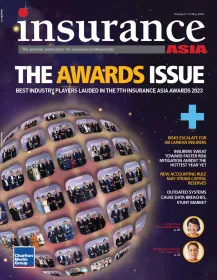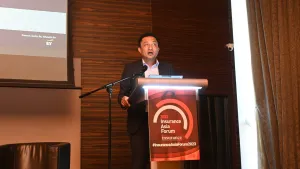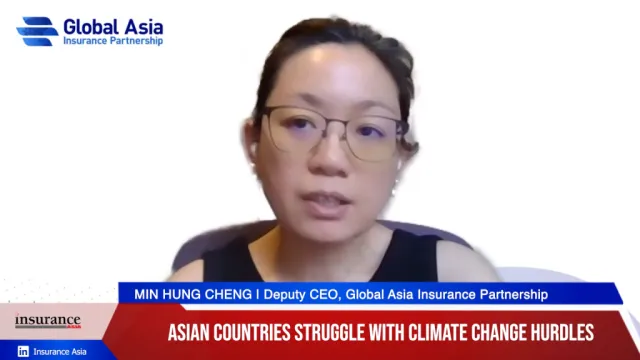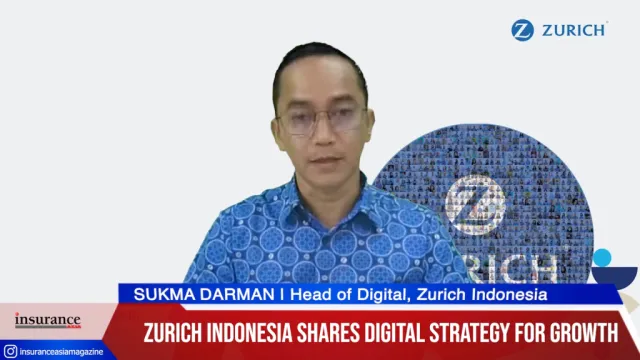
South Korean insurers adapt to new regulations
Regulatory changes prompt tax benefits to rise and the government to support overseas expansion.
South Korea’s insurers are facing regulatory changes which range from enhanced liability insurance to increased tax benefits, prompting the industry to adapt at a steadfast pace, according to a Korean Re bulletin report.
The scope of compulsory liability insurance for personal information leaks has expanded under the Personal Information Protection Act, now including personal information controllers like companies and hospitals.
This mandate ensures compensation for victims of data breaches. Despite low insurance uptake, the government plans to revise the criteria for coverage and increase penalties to promote compliance.
Virtual asset service providers are now required to purchase liability insurance or set aside provisions for accidents like hacking, following the Act on the Protection of Virtual Asset Users.
They must also store a significant portion of virtual assets offline for security.
Policy support is facilitating Korean insurers' expansion into global markets, with the government easing regulatory hurdles for overseas operations.
Deregulation allows representative offices to conduct business activities, and simplified approval processes for acquiring overseas subsidiaries streamline expansion efforts.
ALSO READ: S. Korean insurers see income surge 46% YoY in FY’23
Fourth-generation medical expense insurance in Korea introduces sliding scale premiums based on past medical service usage, aiming to address premium payment inequities.
“To resolve the issue of inequity in premium payments by policyholders, rider premiums will be applicable on a sliding scale from July 2024 for non-benefit items based on the past record of medical service usage (the amount of insurance claims payment for non-benefit expenses for the past year),” the Korean Re report noted.
“However, illnesses subject to differential co-payment (cancer, heart diseases, cerebrovascular diseases, rare intractable diseases, etc.) and medical expenses incurred by Class 1 to Class 2 long-term care will be exempt from the calculation of insurance claims payment for non-benefit expenses.” it added.
Additionally, tax benefits for individual pensioners have been raised from KRW12m to KRW15m, with a higher base amount for separate taxation.
Insurance business digitalisation enhances consumer convenience, enabling direct data transmission from government agencies to insurers and introducing online platforms for comparing and purchasing insurance products.
These platforms will roll out in phases, covering various insurance types.











 Advertise
Advertise












